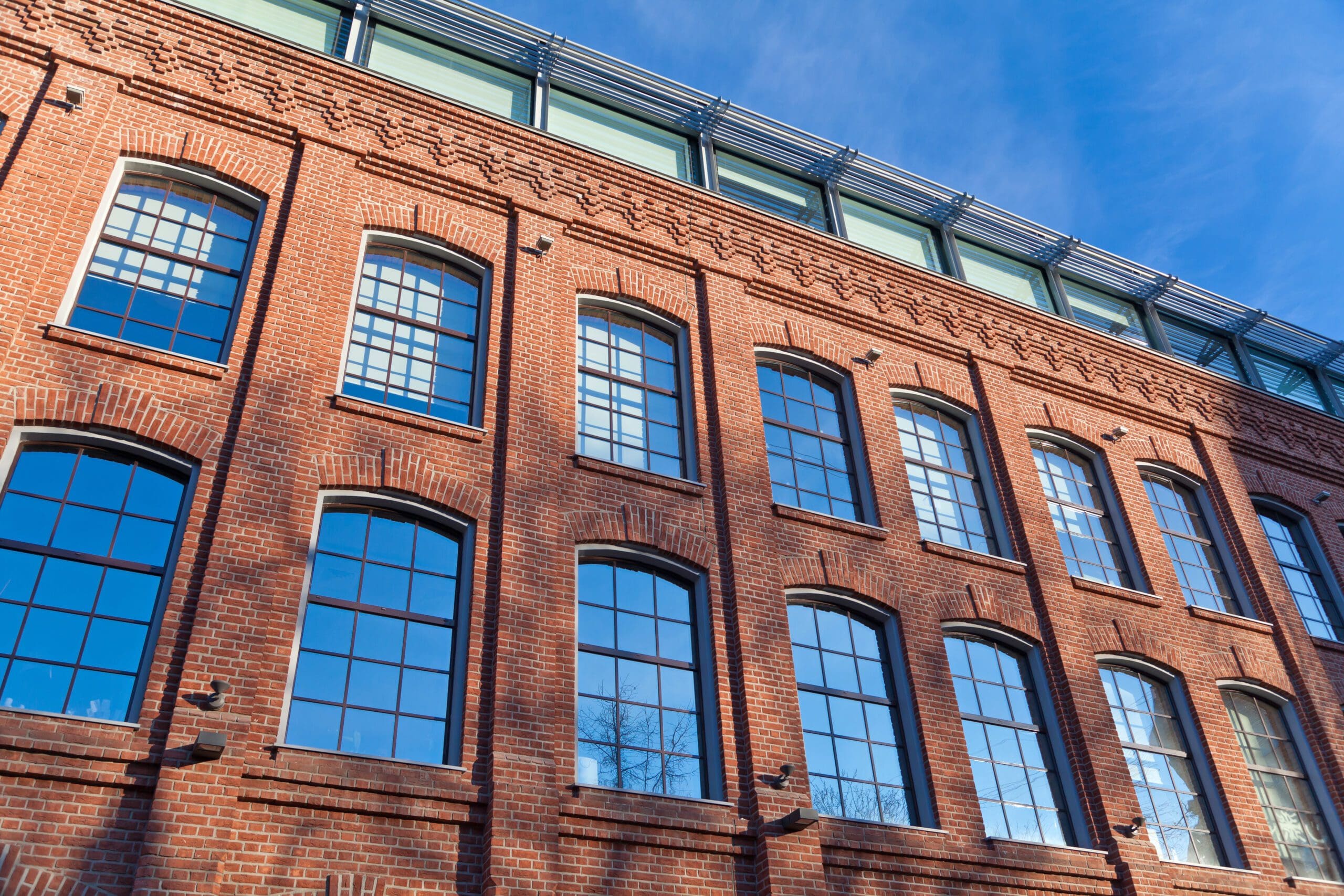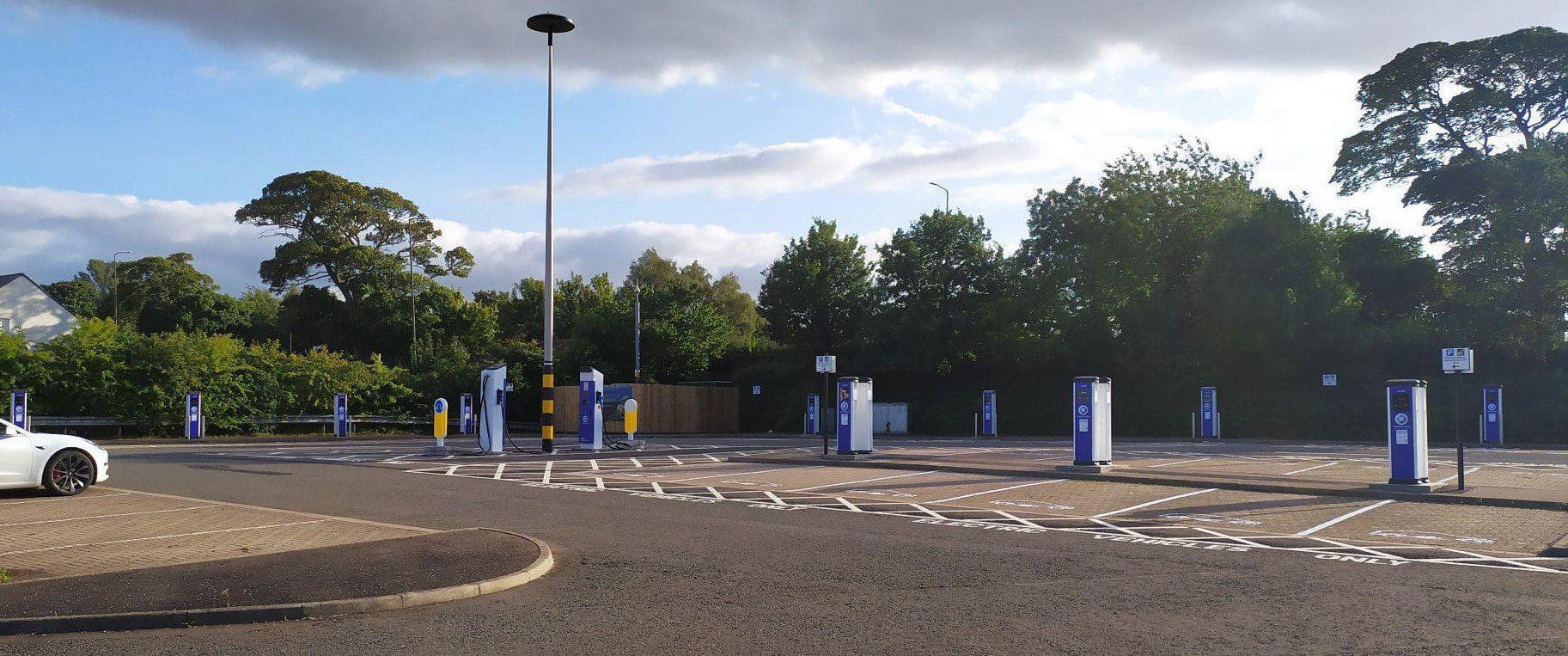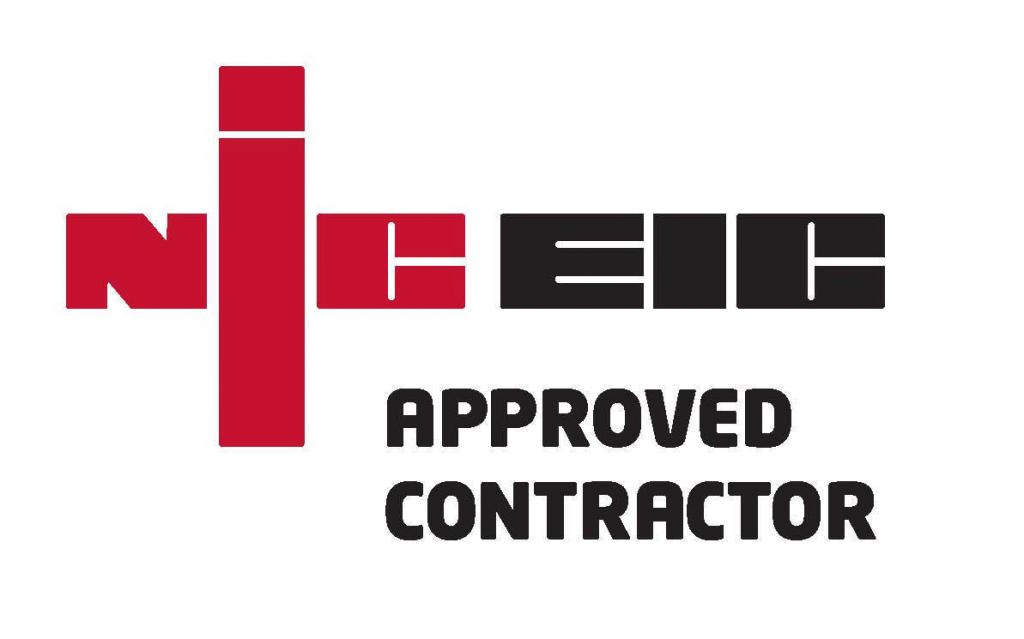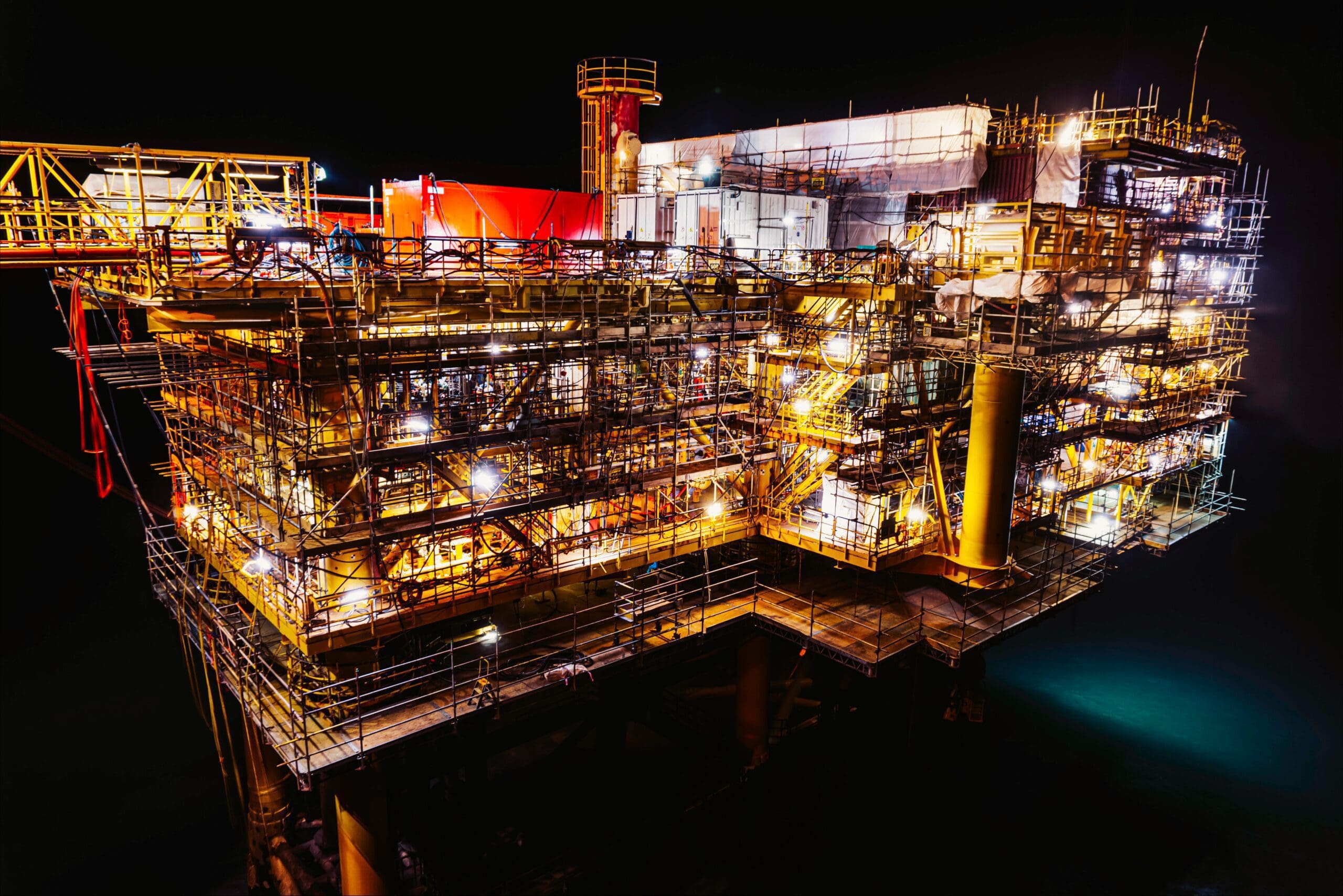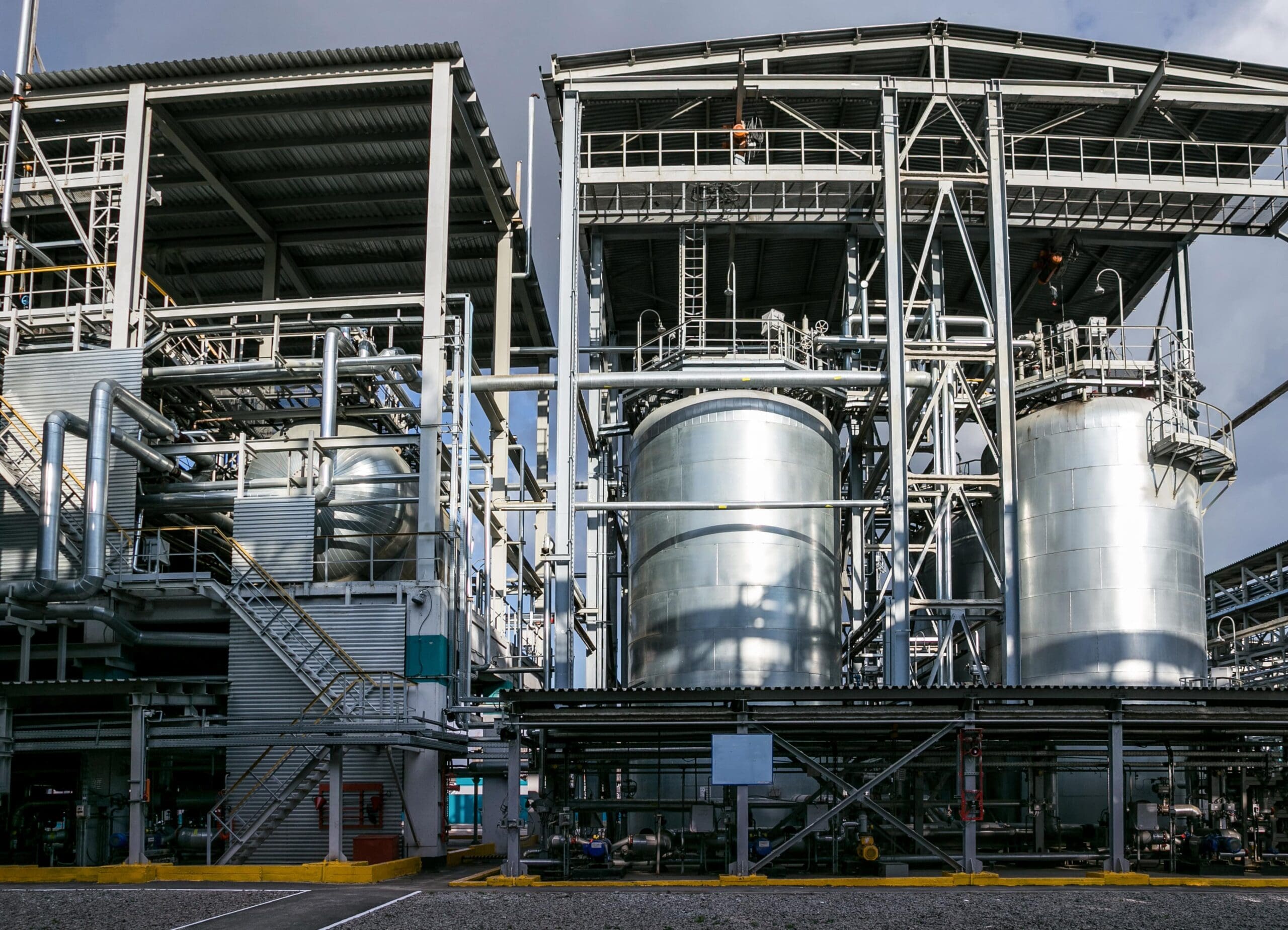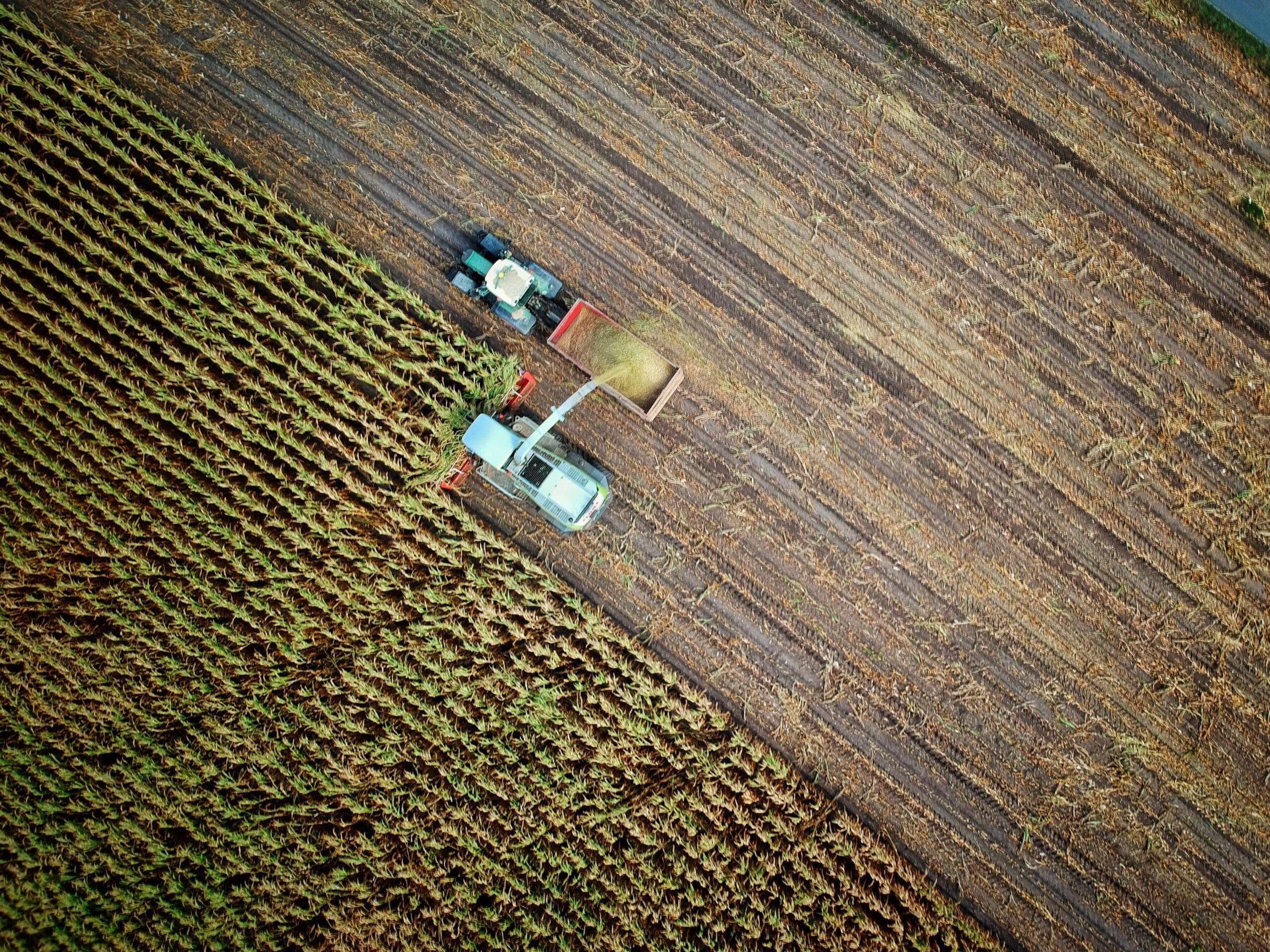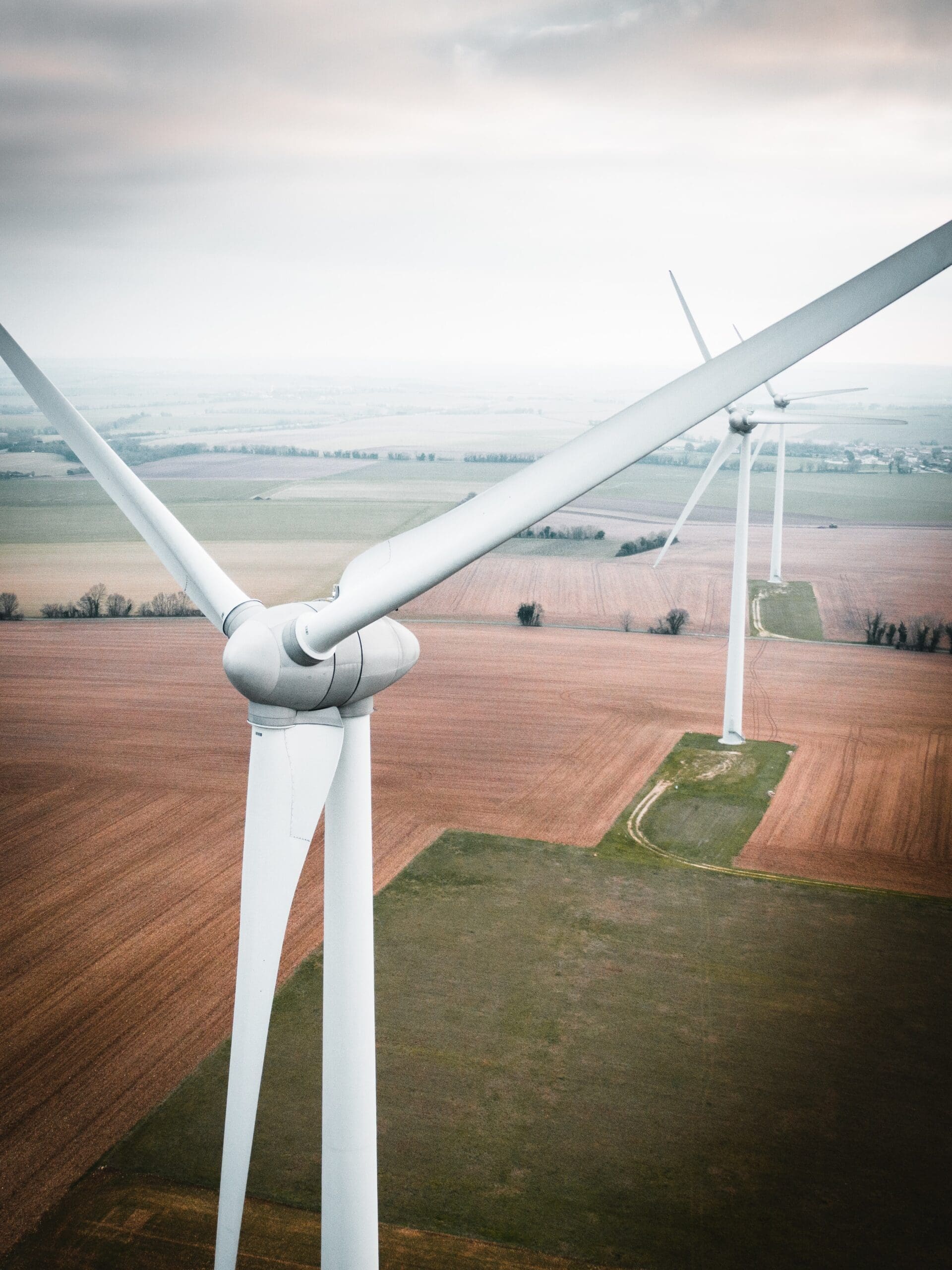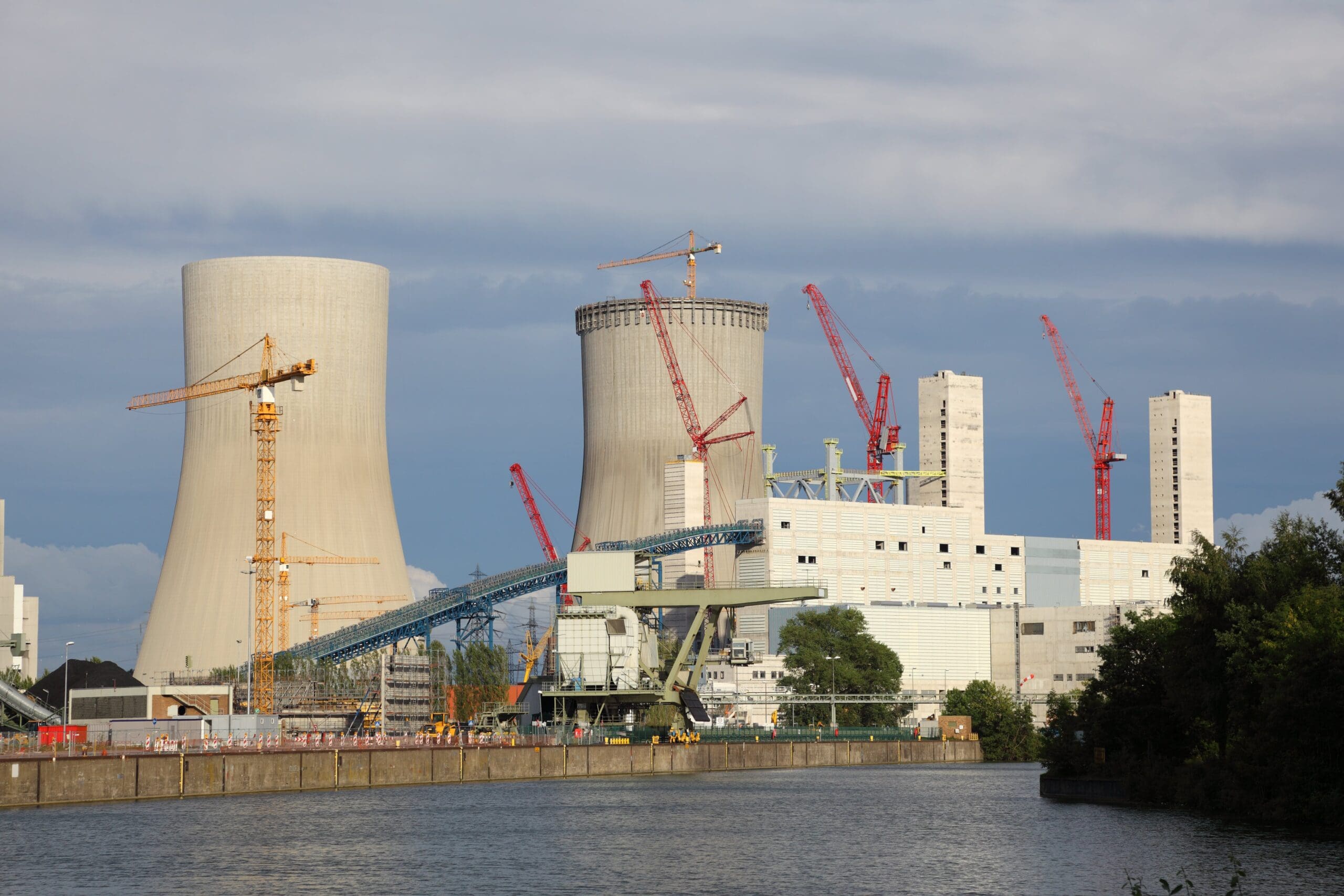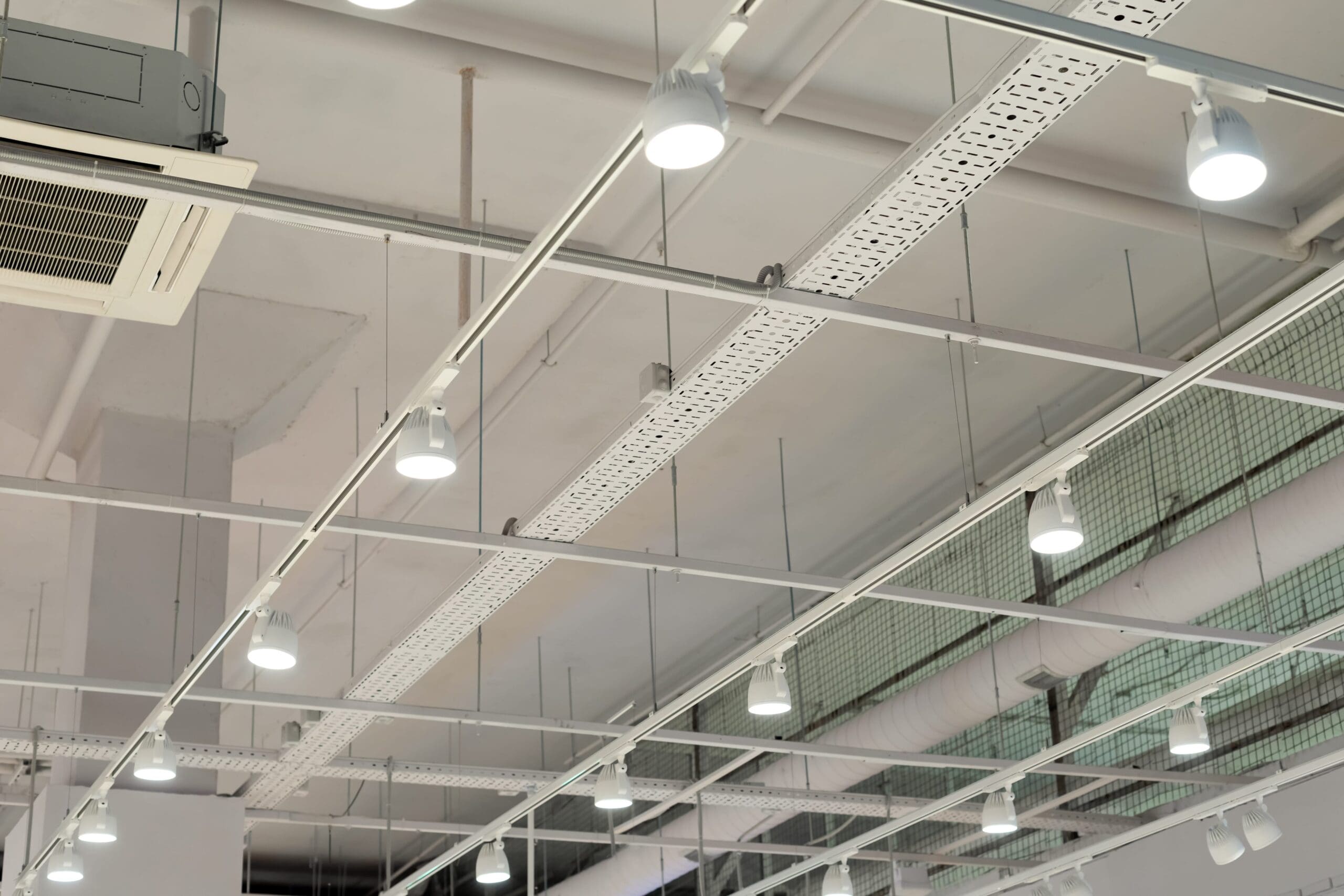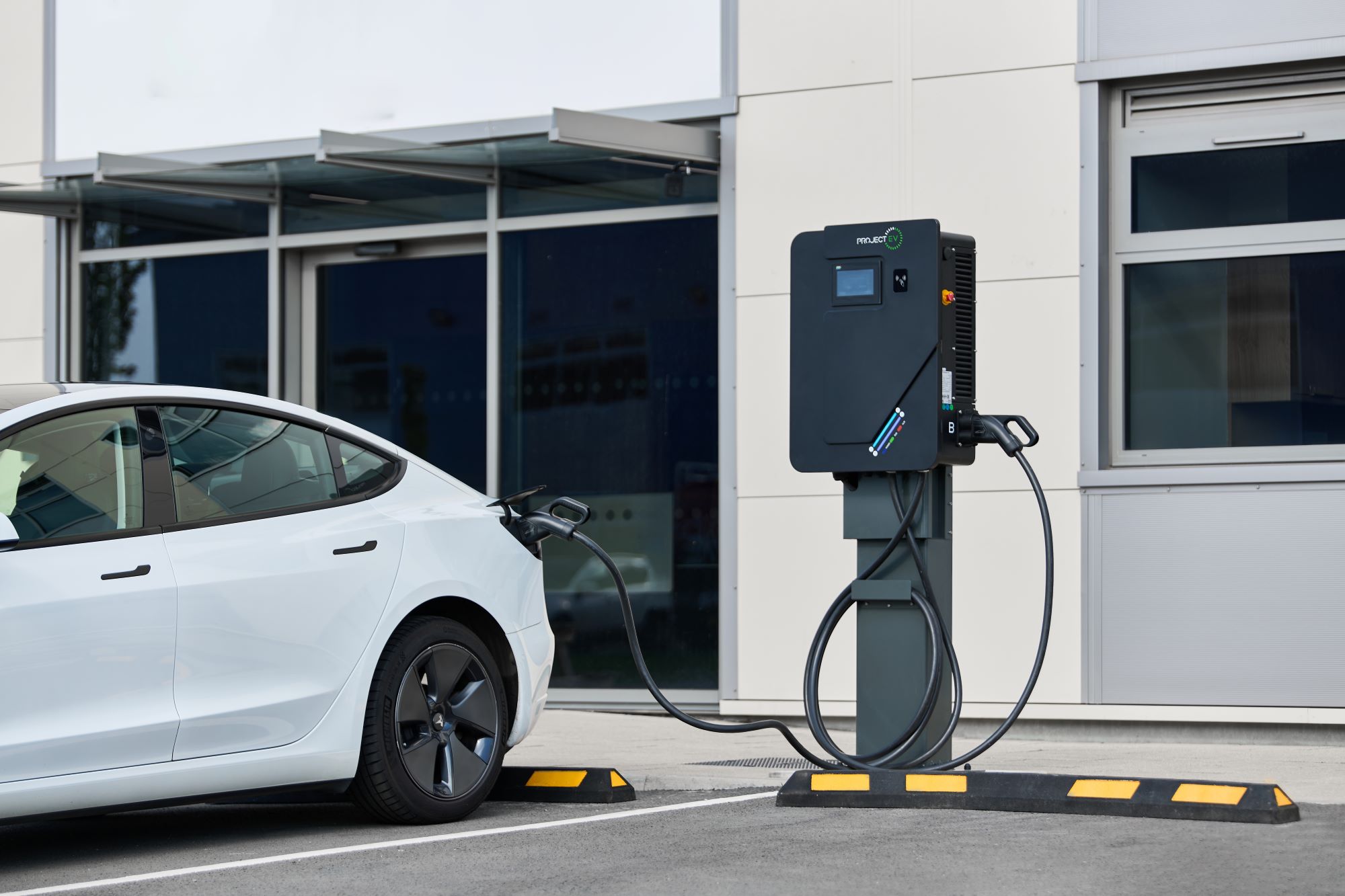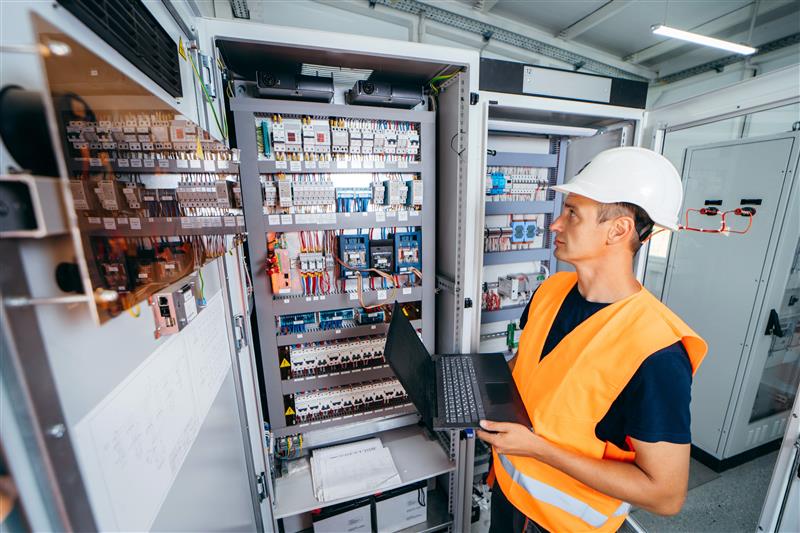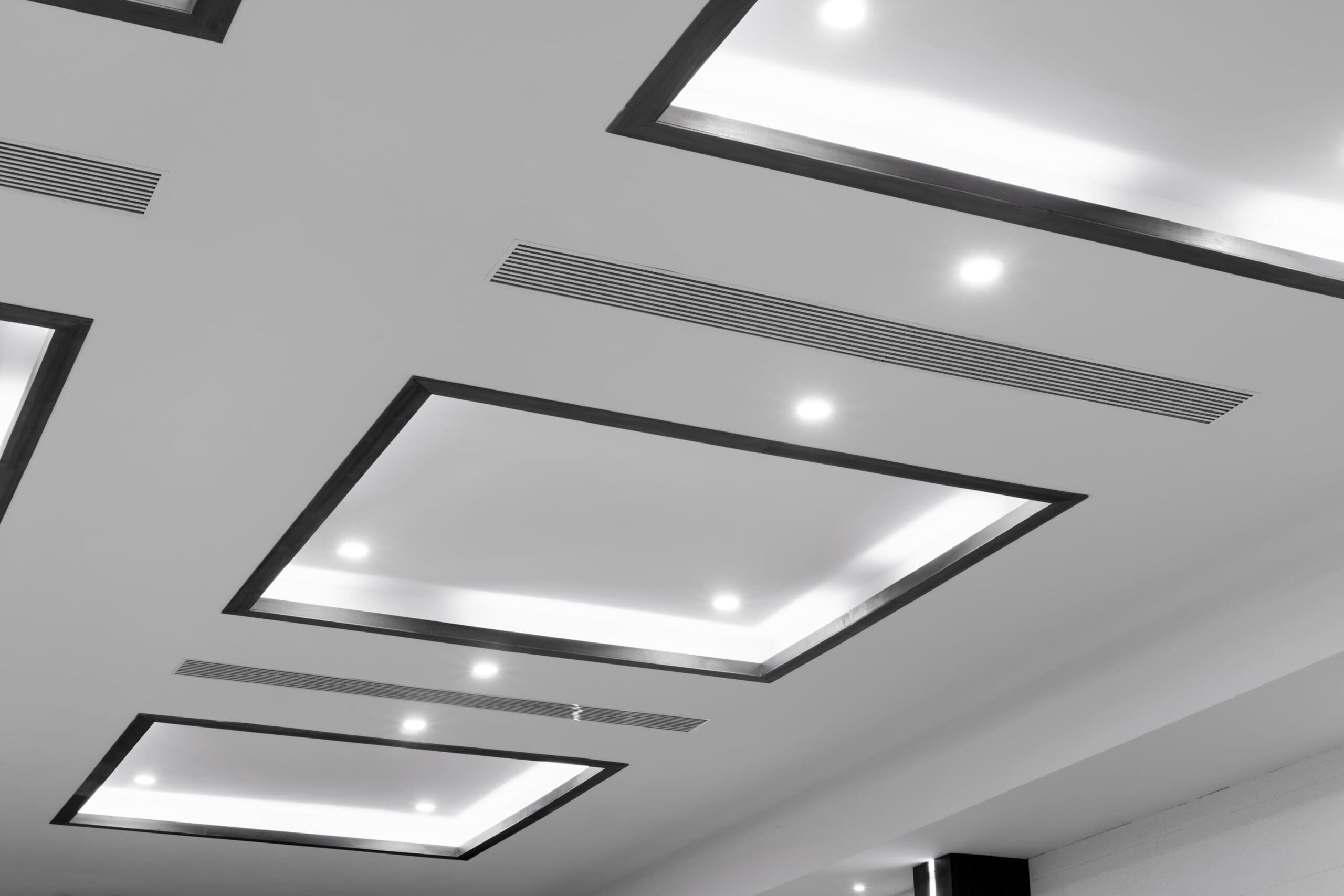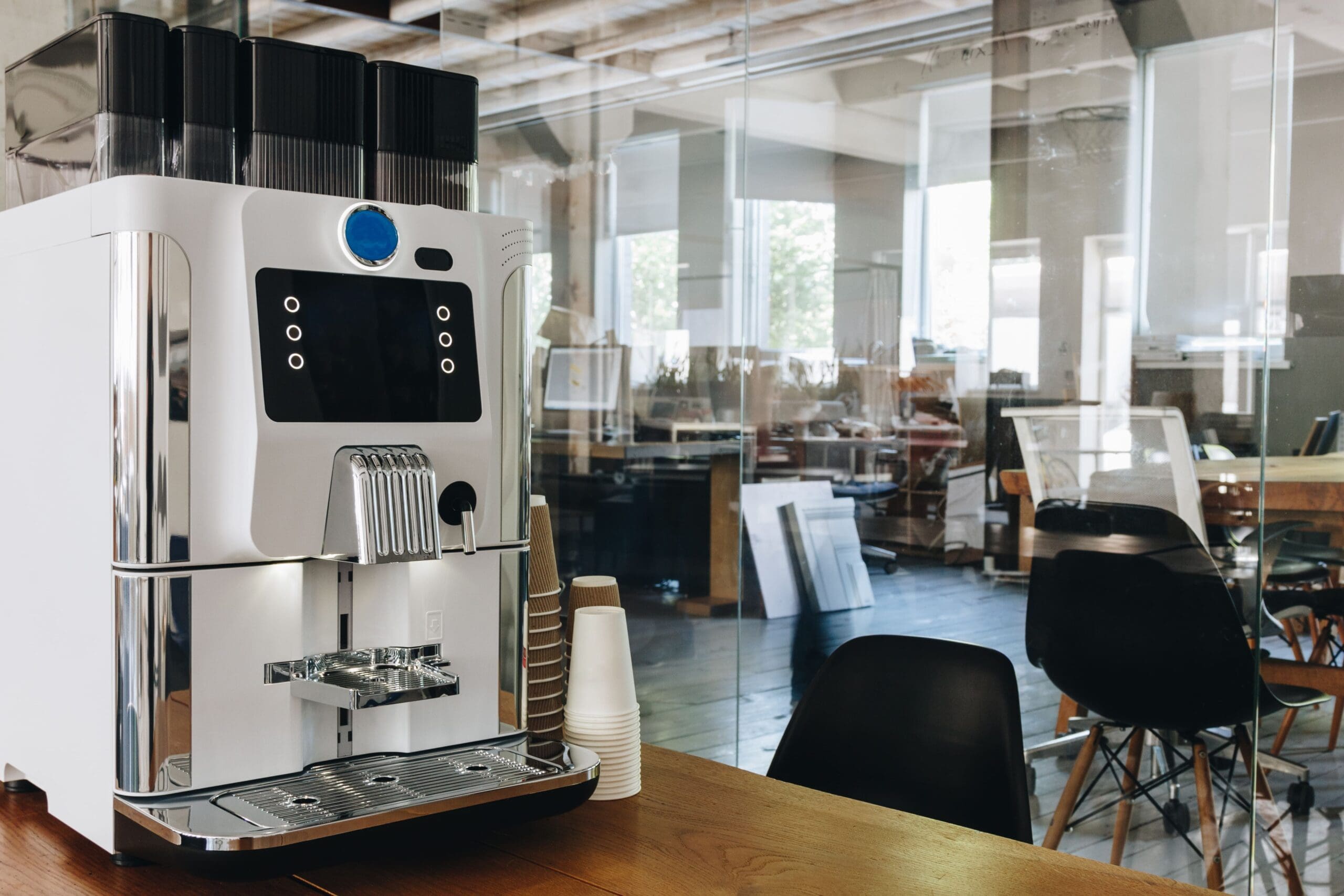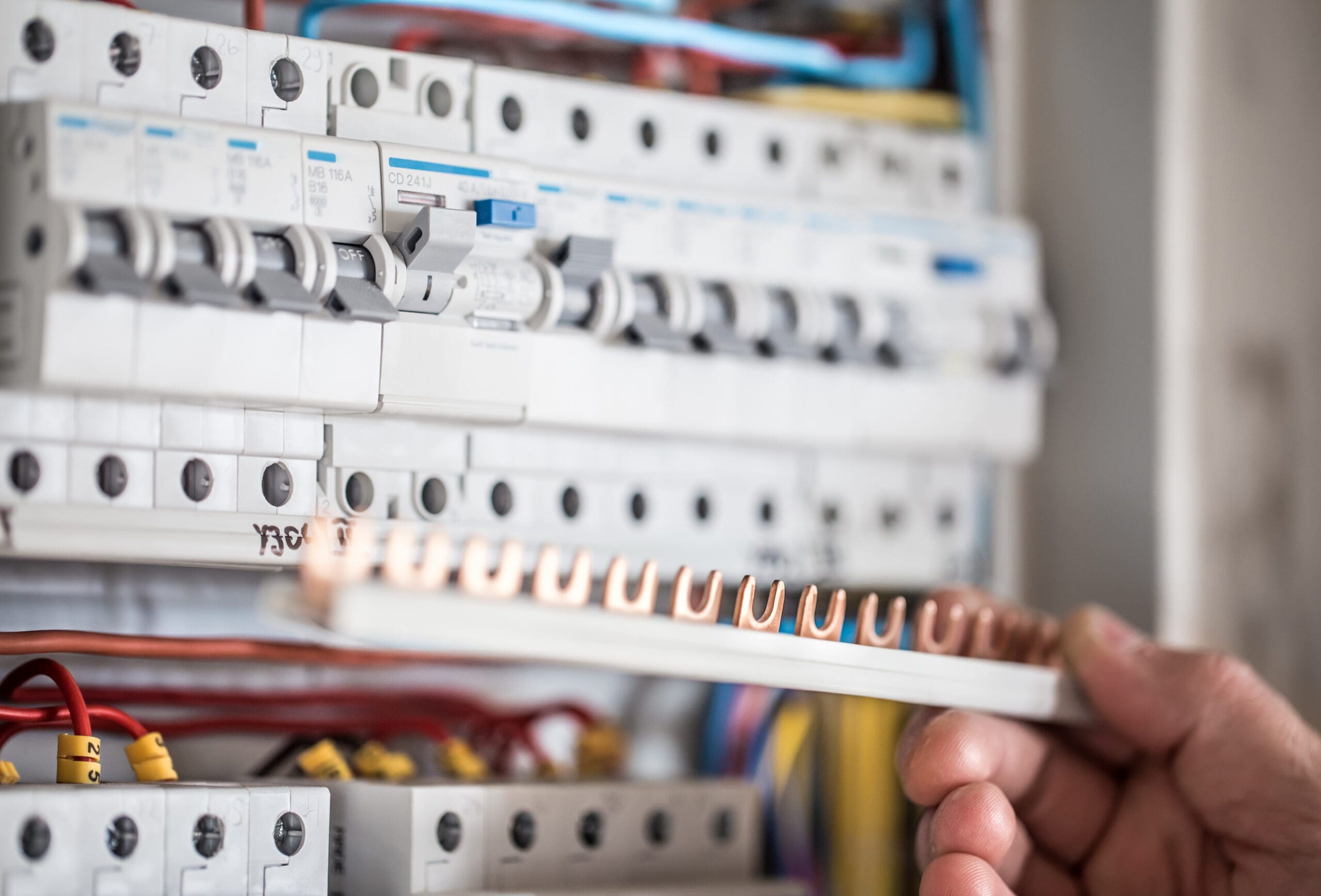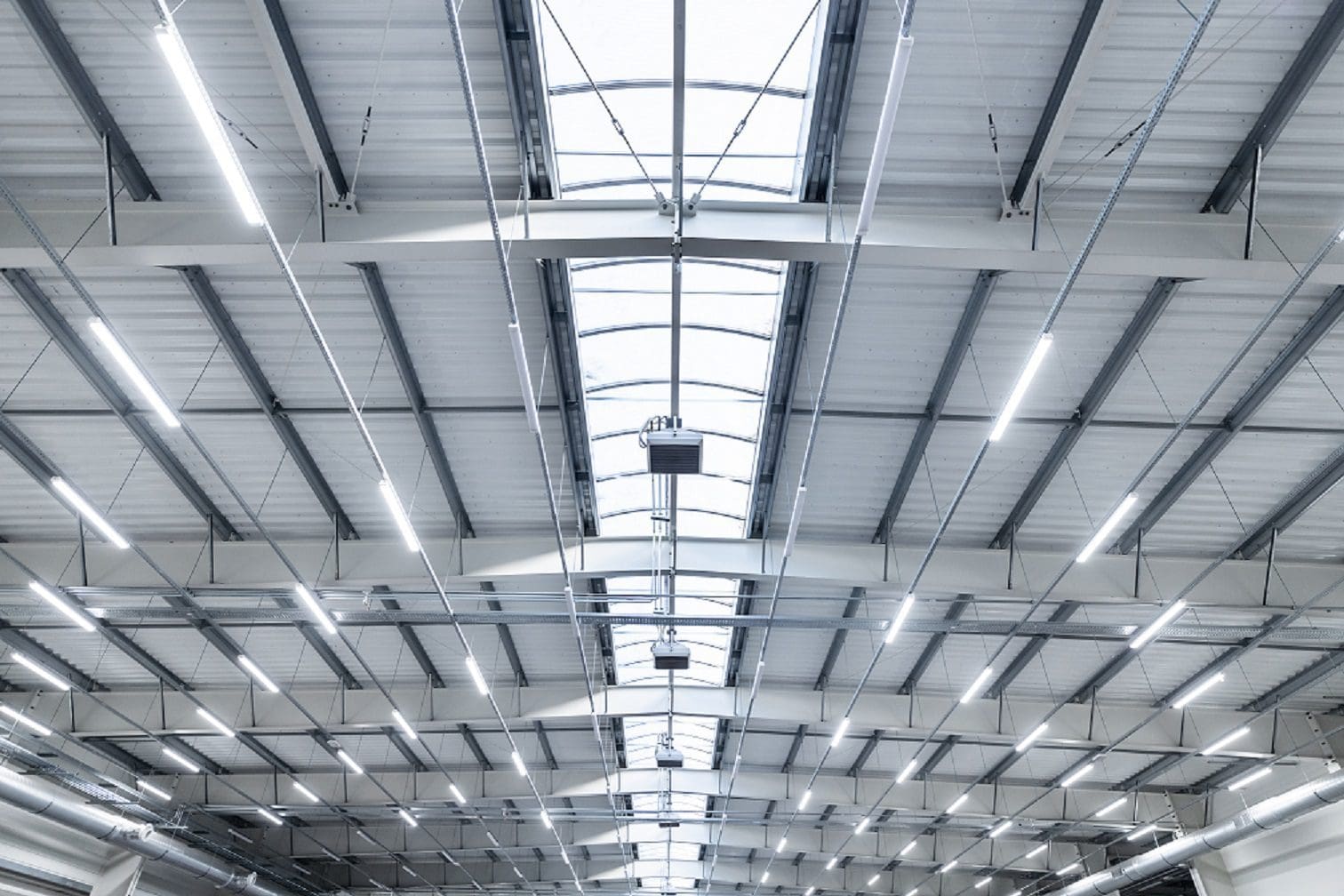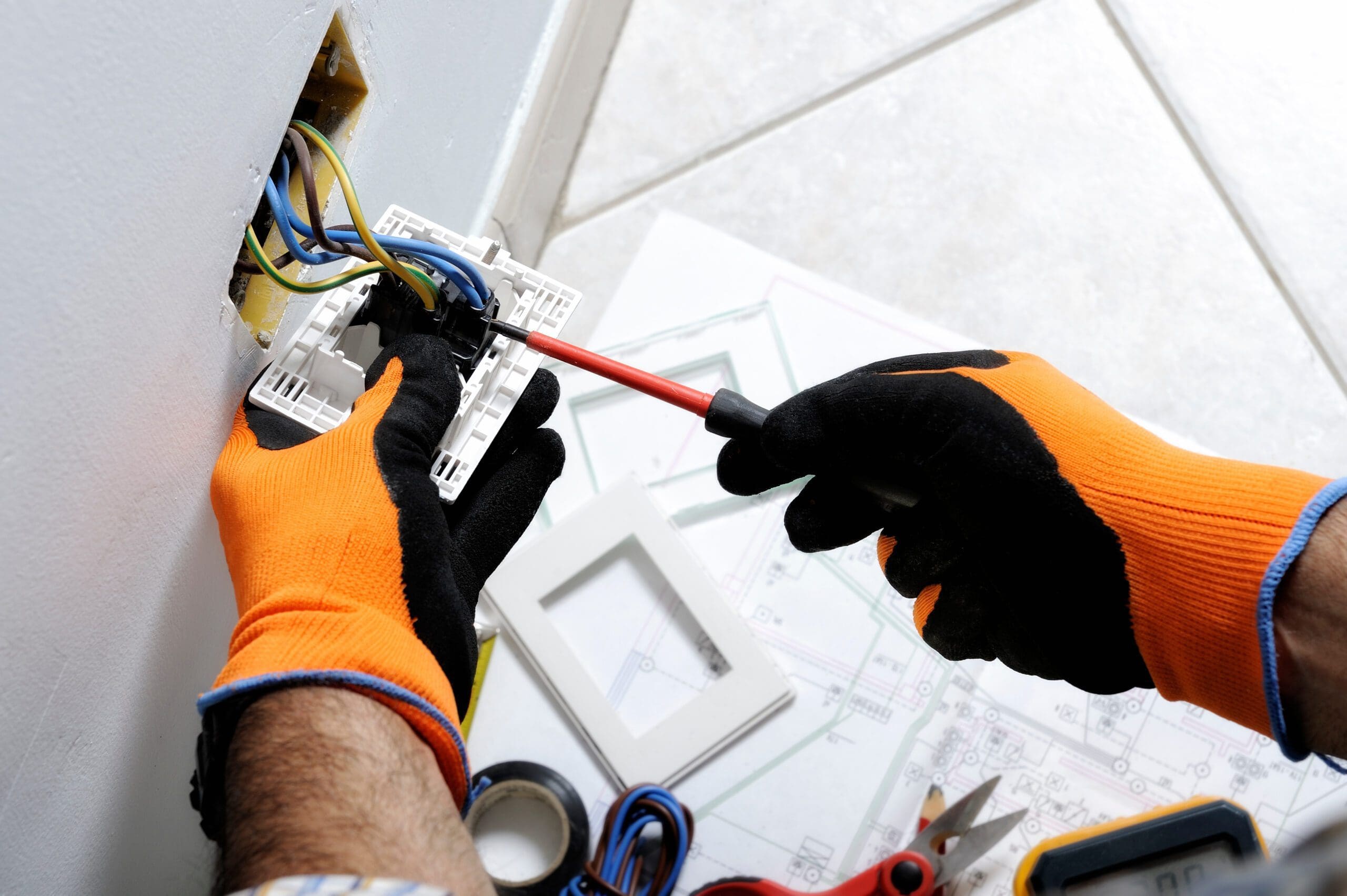Electrical Solutions
Hazardous Area Electrical Inspection Services
Safely inspect electrical installations in hazardous areas with BES Group
Explore our process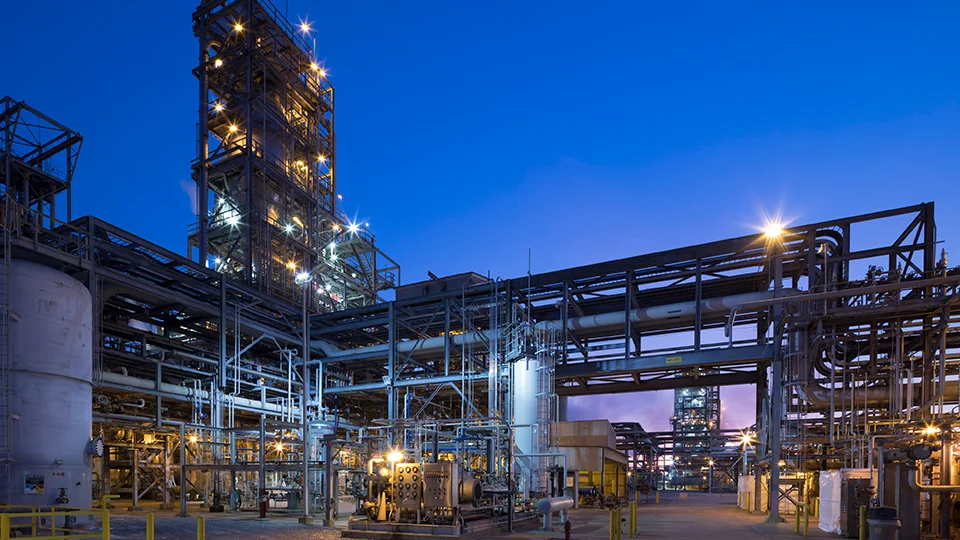
Interested? Let’s talk.
Send us an enquiry
What is a Hazardous Area?
Hazardous areas are environments that store or handle dangerous substances, which are interpreted under DSEAR legislation as being explosive, flammable, or oxidising. Dangerous substances have an increased likelihood of causing severe risk, due to volatile chemical properties that can cause fires or explosions if not handled or stored correctly. This also includes hazardous dust, that may be distributed from foodstuffs or machinery operations which can form an explosive mixture if exposed to air or explosive atmospheres.
Dangerous substances can be found in most workplaces and can include substances such as:
- Flammable and pressurised gases
- Petrochemicals
- Paints, varnishes, and solvents
- Corrosive substances
- Fertilisers
- Hazardous dust (In the form of fibrous material or solid particles)
Let's talk Hazardous Area Electrical Inspection Services
Send one of the team a message
Not seeing what you expected?
Try using our search
Explore what our clients say
Hazardous Area Electrical Inspection process
Speak to us about the processSectors we service
Dive into the diverse landscapes where BES Group sparks innovation and drives impact.


Hazardous Area Electrical Inspections at BES Group
Explore Hazardous Area Electrical Inspections- What can Hazardous Area Electrical Inspections be applied to?
- Dangerous Substances and Explosive Atmosphere Regulations 2002 (DSEAR)
- Key Benefits of Hazardous Area Electrical Inspections
Our experienced Electrical Engineers hold CompEx competency certification modules Ex01-Ex08, which means we’re competent in conducting inspections and surveys within gas, dust, and fuel forecourt classified Hazardous Area locations.
We also conduct third-party audits on any existing Hazardous Area Electrical Inspections, to verify compliance with BS EN 60079 series of explosive atmosphere standards.
We provide Hazardous Electrical Inspections across several industries such as:
- Oil and Gas
- Petrochemical
- Pharmaceutical
- Manufacturing
- Food and Beverage
Within Hazardous environments, it’s crucial to ensure that all electrical installations and equipment are installed and operated in line with Dangerous Substances and Explosive Atmosphere Regulations 2002 (DSEAR).
At BES Group, we’re proud to be NICEIC Hazardous Area approved contractors, assessed as competent to deliver electrical work aligned with requirements BS 7671 and BS EN 60079. We also provide end-to-end solutions on existing audits, to check if your commercial electrical installations align with 60079-14 and 60079-17 standards.
We ensure all regulatory requirements are implemented, so that premises which store and handle dangerous or flammable substances are kept safe.
Equipment should undergo an initial inspection before it is introduced into service, this is a precautionary measure to identify any potential issues before operation. Once in service, all electrical installations and equipment within hazardous environments should be periodically inspected at least every three years. The frequency of inspection should not exceed this time frame.

Workplace safety
Avoid dangerous accidents by ensuring electrical installations and equipment are kept safe with DSEAR / ATEX inspections.
Safeguard people
Prioritise the safety of visitors and employees that may be present around hazardous substances in your commercial premises.
Legal compliance
Periodic DSEAR / ATEX inspections are your legal responsibility. Ensure they are conducted regularly across all electrical installations in hazardous areas.
-
What can Hazardous Area Electrical Inspections be applied to?
Our experienced Electrical Engineers hold CompEx competency certification modules Ex01-Ex08, which means we’re competent in conducting inspections and surveys within gas, dust, and fuel forecourt classified Hazardous Area locations.
We also conduct third-party audits on any existing Hazardous Area Electrical Inspections, to verify compliance with BS EN 60079 series of explosive atmosphere standards.
We provide Hazardous Electrical Inspections across several industries such as:
- Oil and Gas
- Petrochemical
- Pharmaceutical
- Manufacturing
- Food and Beverage
-
Dangerous Substances and Explosive Atmosphere Regulations 2002 (DSEAR)
Within Hazardous environments, it’s crucial to ensure that all electrical installations and equipment are installed and operated in line with Dangerous Substances and Explosive Atmosphere Regulations 2002 (DSEAR).
At BES Group, we’re proud to be NICEIC Hazardous Area approved contractors, assessed as competent to deliver electrical work aligned with requirements BS 7671 and BS EN 60079. We also provide end-to-end solutions on existing audits, to check if your commercial electrical installations align with 60079-14 and 60079-17 standards.
We ensure all regulatory requirements are implemented, so that premises which store and handle dangerous or flammable substances are kept safe.
Equipment should undergo an initial inspection before it is introduced into service, this is a precautionary measure to identify any potential issues before operation. Once in service, all electrical installations and equipment within hazardous environments should be periodically inspected at least every three years. The frequency of inspection should not exceed this time frame.
-
Key Benefits of Hazardous Area Electrical Inspections

Workplace safety
Avoid dangerous accidents by ensuring electrical installations and equipment are kept safe with DSEAR / ATEX inspections.
Safeguard people
Prioritise the safety of visitors and employees that may be present around hazardous substances in your commercial premises.
Legal compliance
Periodic DSEAR / ATEX inspections are your legal responsibility. Ensure they are conducted regularly across all electrical installations in hazardous areas.
Frequently asked questions
How can I prepare for a Hazardous Electrical Area Inspection?
We can work with you to ensure that Hazardous Electrical Area Intrusive Inspections are conducted during operational downtime, to minimise disruption to your business. This also includes providing inspections during shutdown periods, where inspections are most efficient.
What are DSEAR inspections?
DSEAR stands for Dangerous Substances and Explosive Atmosphere Regulations 2002 (DSEAR) and this is a UK legal regulation set by the HSE. A DSEAR inspection, often referred to as a Hazardous Area Electrical Inspection, is a duty on behalf of the employer to ensure their workplace is safe for all personnel that may be put at risk due to the presence of dangerous or explosive substances.
How often should electrical items in Hazardous Areas be examined?
Electrical installations and equipment within Hazardous environments should be periodically inspected at least every 3 years in accordance with BS EN 60079-17 & BS 7671.
What are the Dangerous Substances and Explosive Atmosphere Regulations 2002?
Dangerous Substances and Explosive Atmosphere Regulations 2002 (DSEAR) requires employers to eliminate risks from fire and explosions associated with Hazardous Areas. DSEAR regulations are a legal requirement that both employers and self-employed must adhere to, to protect against the risk of fire and explosions in the workplace.
What is ATEX?
Under European directives, ATEX is the term for the 2 main directives which are responsible for the control of dangerous and explosive atmospheres known as:
- 99/92/EC ATEX 137 also known as the ATEX Workplace Directives.
- 94/9/EC ATEX 95 also known as the ATEX Equipment Directive.
Both directives are responsible for improving the health and safety for workers which work within Hazardous conditions, that may be deemed as a potentially explosive atmosphere. The HSE under DSEAR, have also implemented the safety directive ATEX 137 which outlines DSEAR inspections.
Let’s talk. Ask us anything.
Send one of the team a message
Insights & news
Browse our latest articles
Other similar services...
Looking for something else? Explore similar services...
Let’s get you to the right person, fast.
Thank you, enquiry submitted!
Please check your inbox. We have sent you an email receipt of your enquiry.
We treat every enquiry with the upmost urgency. We’ll aim to get in touch with the relevant BES Group specialist and get back to you as soon as possible*.
Thank you again and have a great day.
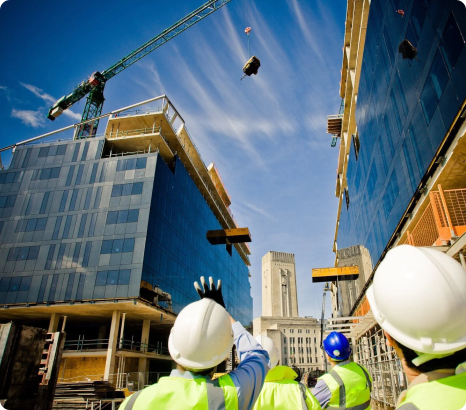 About BES Group
About BES Group Accreditations & Credentials
Accreditations & Credentials Our Environmental, Social & Governance
Our Environmental, Social & Governance Careers at BES Group
Careers at BES Group Our Senior Leadership Team
Our Senior Leadership Team